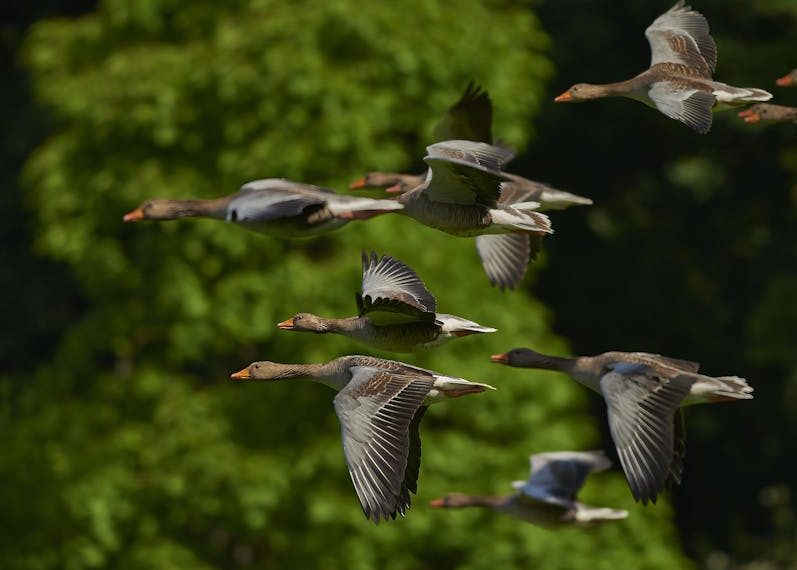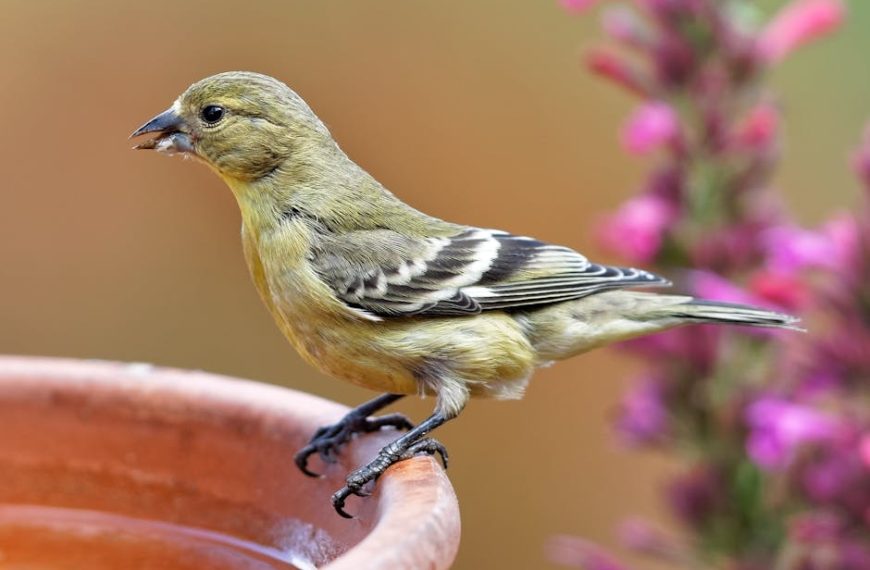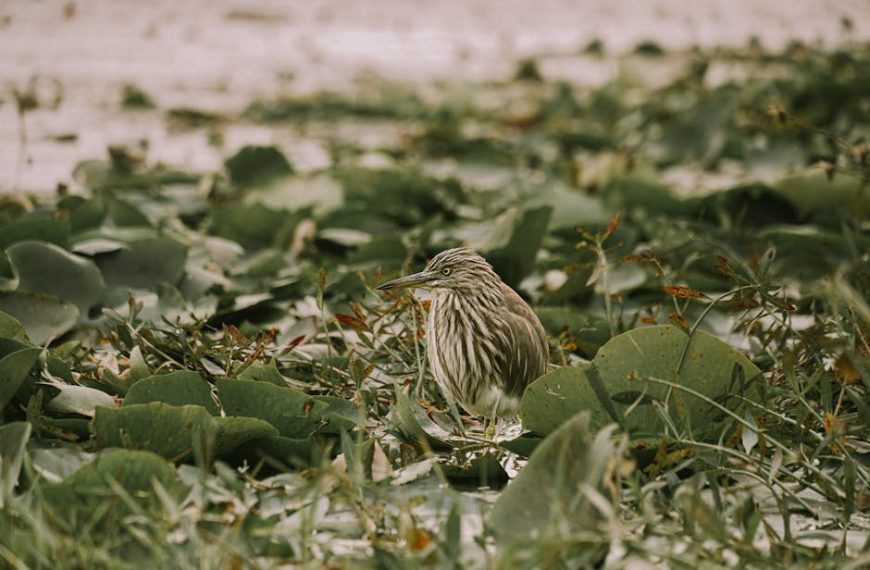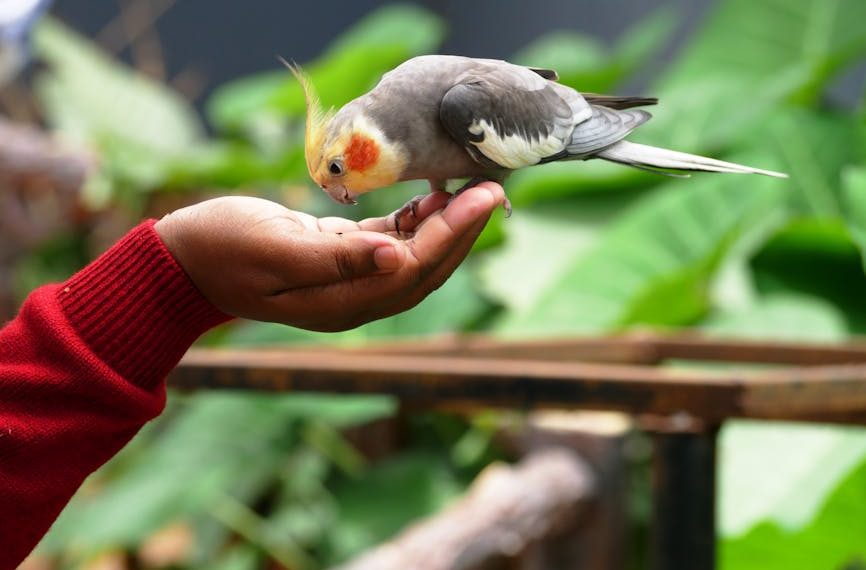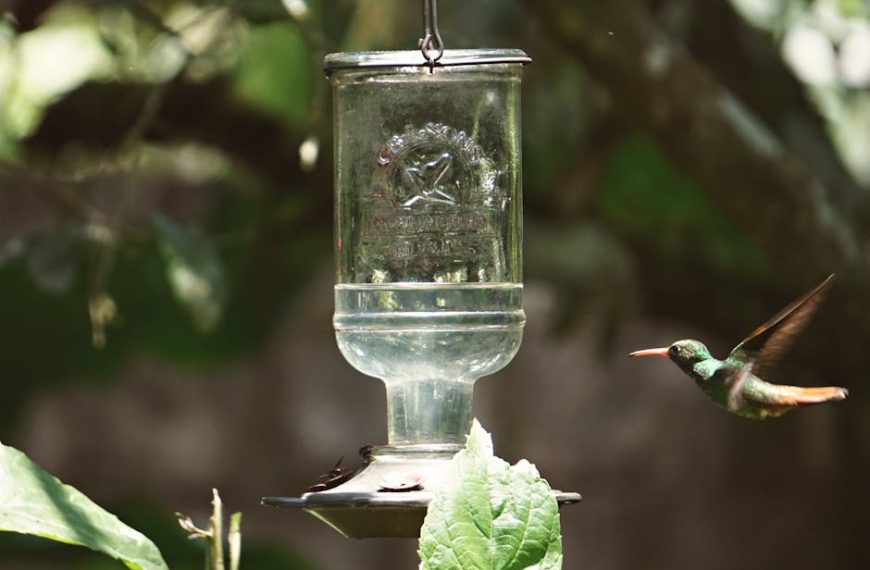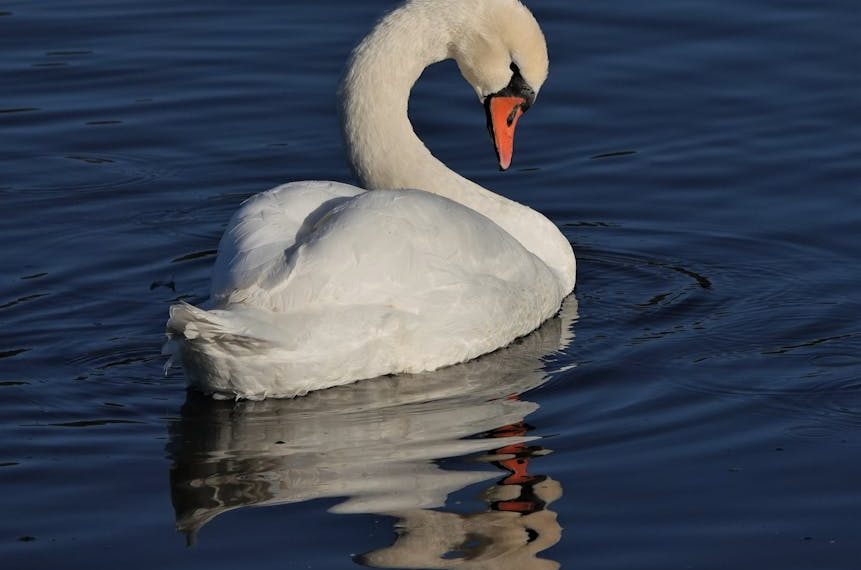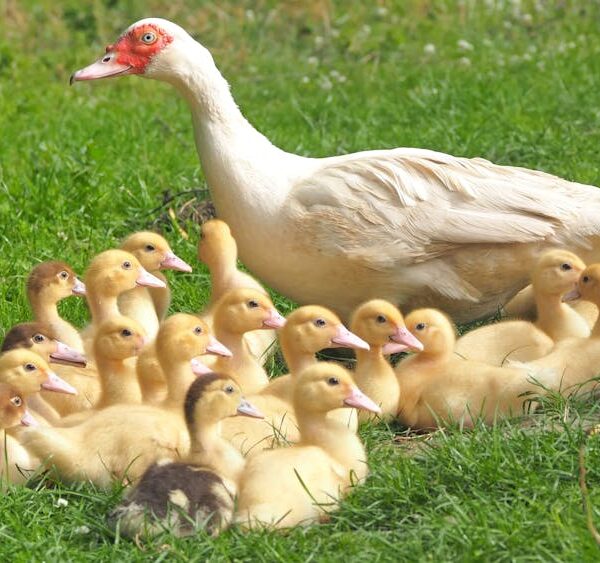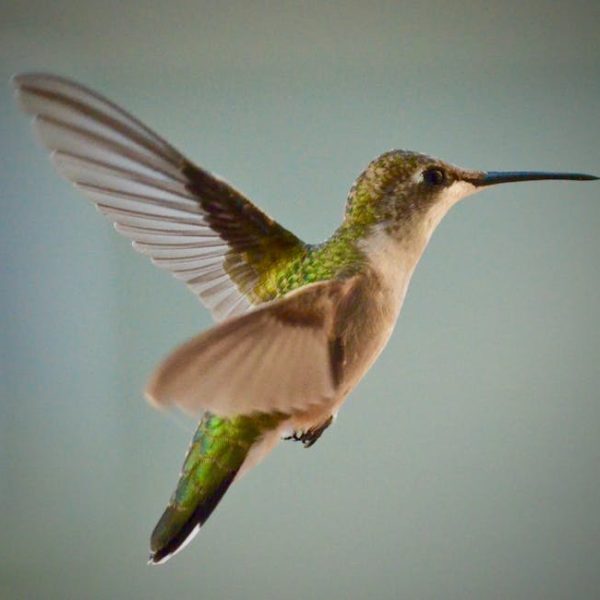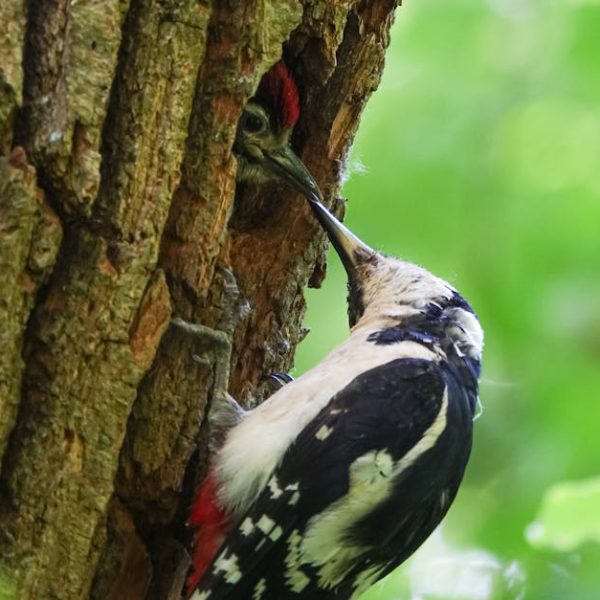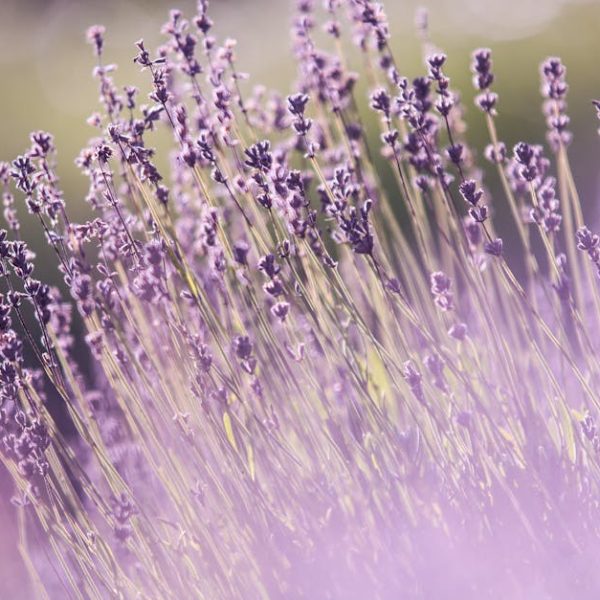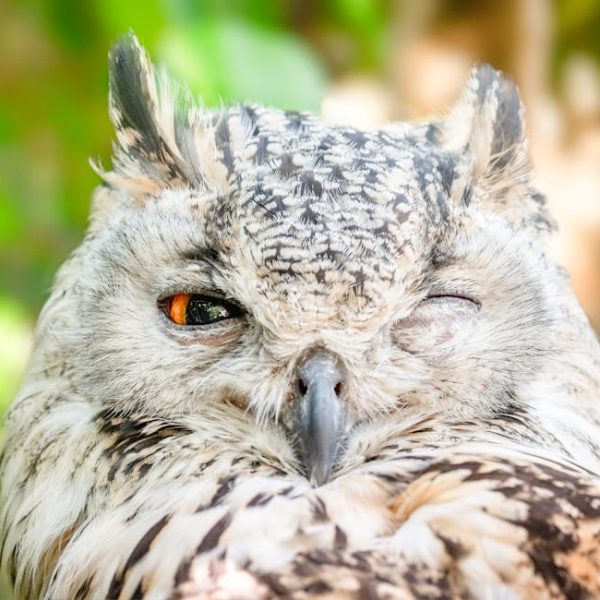The tragic yet natural cycle of life also applies to our feathery friends. Lovebirds may also succumb to unexpected fatalities rooted in various factors. Understanding these causes can aid pet owners in mitigating such risks as much as practicable.
Disease and Infections: The Silent Killers
Lovebirds are susceptible to several diseases and infections, many of which can prove fatal if not detected and treated promptly. For instance, Avian Gastric Yeast (AGY) infections, Psittacosis, and Avian Bornavirus (ABV) can wreak havoc on their health, causing severe damage.
However, recognizing these health issues is challenging, especially for non-experts, as symptoms may be obscured or emerge only in advanced stages. Some tell-tale signs include lethargy, loss of appetite, or distinct changes in droppings.
Pro Tip : Vigilance is pivotal towards a bird’s well-being. Regularly observe their behaviour, physical attributes and overall health. If signs of disease or infection arise, seek immediate veterinary assistance.
Nutritional Imbalance: A Commonly Overlooked Cause
An unbalanced diet can lead to a myriad of health complications, even resulting in sudden death. A diet mainly consisted of seeds may result in deficiencies of vitamins and minerals that are essential for their well-being. Although seeds are a natural food for lovebirds, they lack specific nutrients viable for optimum health. On the other hand, a pellet-based diet, while nutritionally balanced, can become monotonous and boring for the birds.
| Seed-Based Diet | Pellet-Based Diet |
|---|---|
| Natural but lacks a balance of nutrients. | Monotonous but nutritionally balanced. |
As such, a balanced diet, interspersed with fresh fruits and vegetables, is essential for the bird’s health and well-being. Furthermore, always providing clean water is imperative for their digestion and hydration.
Best Practice : Supplement your bird’s diet with fresh fruits and vegetables on a daily basis, along with their regular seed or pellet intake.
Accidents and Trauma: Unfortunate But Real Risks
Accidents at home, such as collisions or falls, can result in severe injuries, leading to a sudden demise. Other dangers can stem from their toys or cage fixtures. A safe enclosure, eliminating dangerous objects from their reach, and maintaining secure windows and doors can minimize such risk factors.
Pro Tip : Do a safety sweep of your bird’s environment regularly. Look out particularly for sharp objects or small, ingestible items that could be dangerous.
Stay tuned for further updates on the impacts of stress and anxiety, aging and natural death on lovebirds.
Stress and Anxiety: Their Subtle Impact on Health
Stress is a silent killer not only for humans but for birds as well, including lovebirds. Factors that contribute to bird stress could be many, including environmental changes, loneliness, loss of mate, or even the presence of predators. Prolonged stress situations can lead to deterioration in health, and may even result in sudden death.
Feather plucking or excessive grooming, changes in vocalization, increased aggression or a noticeable switch in eating habits are some warning signs of stress in lovebirds you need to watch out for.
Best Practice : Remember, lovebirds prefer a comfortable, stable environment. Avoid drastic changes, introduce new elements gradually and ensure plenty human interaction to discourage loneliness.
Aging and Natural Death: An Irrefutable Reality
When it comes to age-related fatality, it’s a fact that older birds are more inclined to it than the younger ones. As lovebirds age, their body systems slowly start to decline, which can lead to sudden cardiac issues, organ failure, and inevitably, death.
It may seem like older birds just ‘die suddenly,’ but in fact, they may have been dealing with undetected health issues for quite some time. Just like humans, older birds are more vulnerable to various health complications and diseases.
| Younger Birds | Older Birds |
|---|---|
| Generally healthier and less prone to serious health issues. | More vulnerable to serious health issues, requiring regular vet checks. |
Pro Tip : Regular veterinary check-ups are highly recommended for older birds. Early detection of health issues could be life-saving.
In conclusion, while it may seem shocking when lovebirds die unexpectedly, several reasons can contribute to this sad eventuality. Being cognizant of these factors and take proactive measures can help prolong your pet’s life and ensure a healthier, happier living. Lovebird ownership requires attention, care, and above all, loads of love. Embrace the journey with patience and dedication. You’ll cherish the beautiful bond you form with your petite, feathered friends.
Key Takeaway:
- Disease and infections, often silent and undetectable until late stages, can be lethal to lovebirds. Regularly observing their behavior and seeking veterinary assistance when symptoms appear is essential.
- Nutritional imbalance, often due to a reliance on seed-based diet, can lead to serious health complications. A diversified diet with fresh fruits and vegetables is recommended.
- Accidents and trauma pose real risks to lovebirds. Regular checks of their environment to remove potentially harmful objects can prevent these events.
- Prolonged stress and anxiety may affect lovebird health negatively, leading to sudden death. Maintaining a stable and comfortable environment for them is important.
- Old age may result in sudden death due to health vulnerabilities. Regular veterinary check-ups are essential, especially for older lovebirds.
Ending on a positive note, understanding the root causes behind sudden deaths in lovebirds equips us to provide better care for these delicate creatures. With a dedication to observing their behavior, maintaining their environments, ensuring a balanced diet, and showing them love, we can enhance their quality of life significantly.
FAQs
Q: How can I detect illness in my lovebird?
A: Changes in behavior, such as loss of appetite, lethargy, or noticeable changes in droppings could be signs of illness. Also, look out for physical changes such as a change in their feathers or eyes. If you notice any such signs, seek immediate veterinary advice.
Q: What fruits or vegetables should I supplement my lovebird’s diet with?
A: Lovebirds can enjoy a range of fruits like apples, bananas, and berries, and vegetables like carrots, peas, and broccoli. Remember to wash all fruits and vegetables thoroughly before feeding them to your lovebird. Do consult with your vet about an appropriate diet for your specific bird.
Q: How do I accident-proof my lovebird’s environment?
A: Look out for sharp objects they could injure themselves with, small objects they could choke on, and risky areas from which they could fall or escape. Regularly check their area, cage, toys, and ensure that windows and doors are secure.
Q: What are signs of stress in a lovebird?
A: Feather plucking, aggressive behavior, changes in eating habits, and shifts in vocalization could be indicators of stress in a lovebird. Regularly observe your bird to spot these symptoms early and take corrective measures.
Q: How often should a lovebird visit the vet?
A: Regular vet visits, ideally twice a year, can help in early detection of any health issues and establish a complete wellness program. For older lovebirds, more frequent check-ups might be beneficial.
We hope you found this information helpful. For more insights and advice about lovebirds, feel free to explore other posts on our website and share this article with fellow lovebird enthusiasts.

